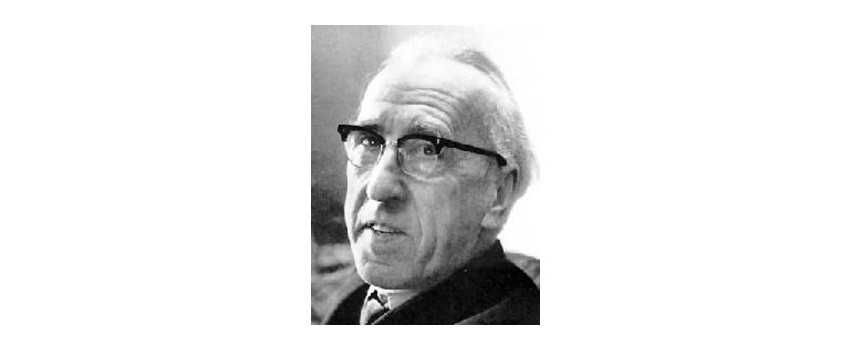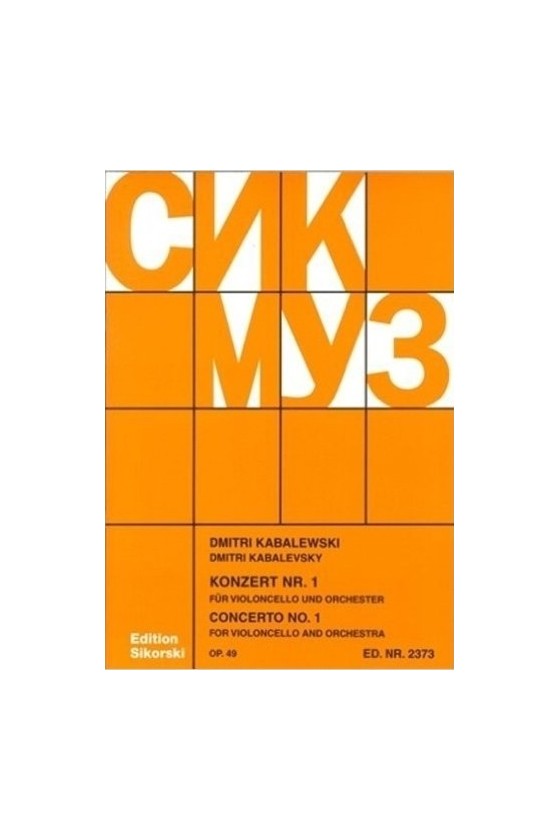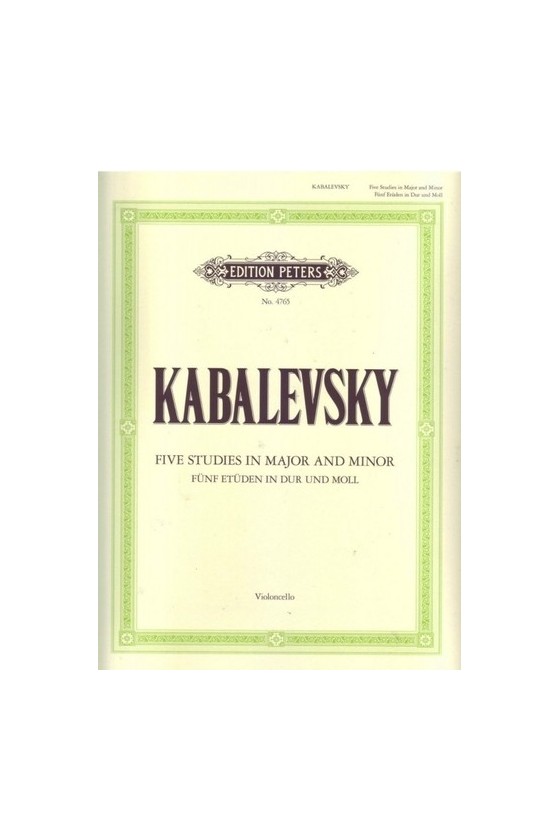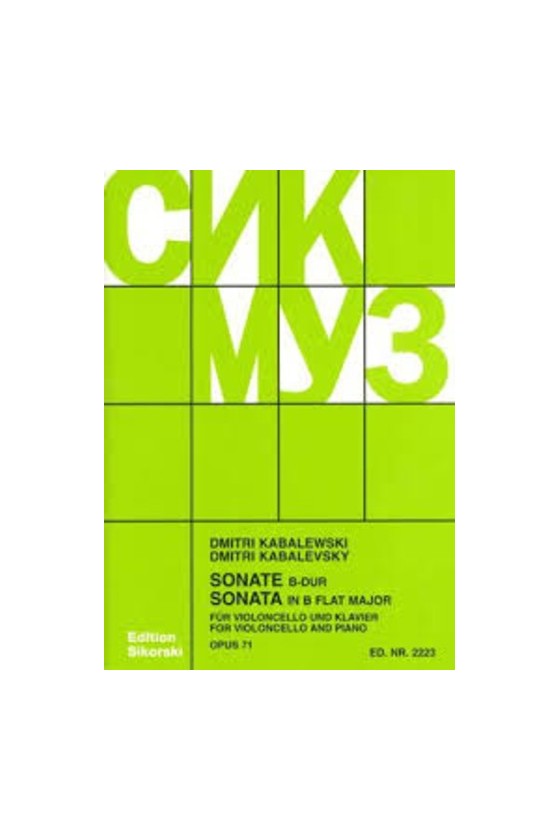Kabalevsky, Dmitry
Dmitry Kabalevsky (30 December 1904 - 14 February 1987) was one of the most prominent composers of the 20th century. This Russian composer left behind a rich and diverse musical legacy that continues to captivate audiences worldwide.
Early Life and Education
Dmitry Kabalevsky was born in St. Petersburg, Russia, on December 30, 1904. He was the youngest of five children, and his family was deeply involved in the arts. His father was a mathematician, while his mother was a talented amateur pianist. From an early age, Kabalevsky showed remarkable musical talent and began studying piano and composition at six.
Some of the finest teachers in Russia shaped Kabalevsky’s early musical education. He studied piano with Anna Yesipova, who had also taught Rachmaninoff, and composition with Nikolai Myaskovsky, one of the leading composers of the time. By age 15, Kabalevsky had already composed several works, including a piano sonata, a string quartet, and a symphony.
Despite his early success, Kabalevsky's musical ambitions were temporarily put on hold when he was drafted into the Red Army during World War II. He served as a pianist for a military band and was eventually sent to the front lines. After the war, Kabalevsky resumed his studies and began working as a composer and music educator.
Kabalevsky's Musical Style and Influences
Kabalevsky's musical style was deeply influenced by the Russian classical tradition, particularly the works of Tchaikovsky and Rachmaninoff. His compositions are characterized by their lyrical melodies, lush harmonies, and dramatic contrasts. However, Kabalevsky was also influenced by contemporary musical trends, such as neoclassicism and folk music.
One of Kabalevsky's most notable works is his Piano Concerto No. 3, composed in 1952. The concerto is a masterful example of Kabalevsky's unique style, combining virtuosic piano passages with sweeping orchestral themes. Another notable work is his suit from the ballet "The Comedians," which features playful and witty music that has become one of Kabalevsky's most recognizable pieces.
Kabalevsky's music has been praised for its accessibility and emotional depth. His works often explore themes of heroism, love, and patriotism, and his ability to connect with audiences has made him one of the most beloved composers of the 20th century.
Kabalevsky's notable works
In addition to his Piano Concerto No. 3 and suite from "The Comedians," Kabalevsky composed various works across different genres. Some of his most notable works include:
- The ballet "Colas Breugnon" tells the story of a French peasant who becomes a hero through wit and courage.
- The opera "Taras Bulba" is based on the novel by Nikolai Gogol and tells the story of a Cossack warrior who fights for the independence of his homeland.
- The "Youth" Symphony was composed for young musicians and features simple yet powerful melodies accessible to beginners.
Some of the world's finest orchestras and soloists have performed Kabalevsky's music, and his legacy continues to inspire new generations of musicians.
Kabalevsky's contributions to music education
In addition to his prolific career as a composer, Kabalevsky was also a dedicated music educator. He believed that music was essential to every child's education and worked tirelessly to promote music education in the Soviet Union.
Kabalevsky's most notable contribution to music education was creating a series of piano pieces called "24 Pieces for Children, Op. 39." The pieces are designed to introduce young students to the fundamentals of music theory and technique while also providing them with engaging and enjoyable music to play. The pieces have become a staple of piano education worldwide and have been translated into multiple languages.
Kabalevsky also served as a professor at the Moscow Conservatory, where he taught composition and music theory. He believed that music education should be accessible to all, regardless of their background or social status.
Kabalevsky's legacy in modern music
Dmitry Kabalevsky's music continues to be performed and enjoyed by audiences worldwide. His unique style and emotional depth have made him one of the most beloved composers of the 20th century.
Kabalevsky's legacy has also had a profound impact on modern music education. His "24 Pieces for Children, Op. 39" has become a standard part of piano education, and his commitment to making music education accessible to all has inspired countless music educators worldwide.
While Kabalevsky's music is rooted in the Russian classical tradition, his influence can be felt across a wide range of musical genres. Moreover, his ability to connect with audiences through his music has made him one of the most enduring and beloved composers ever.
Conclusion
Dmitry Kabalevsky's life and works are a testament to the power of music to inspire and connect people across cultures and generations. His unique style and emotional depth have made him one of the most beloved composers of the 20th century, and his contributions to music education have had a lasting impact on the field.

Five Studies In Major And Minor For Cello By Kabalevsky
Five Studies in Major and Minor for cello by Kabalevsky



